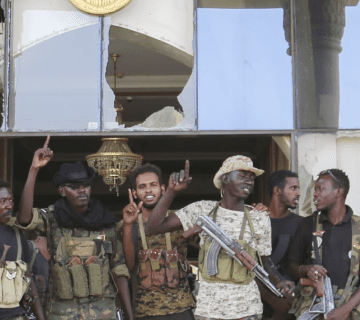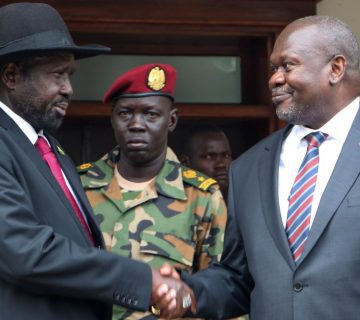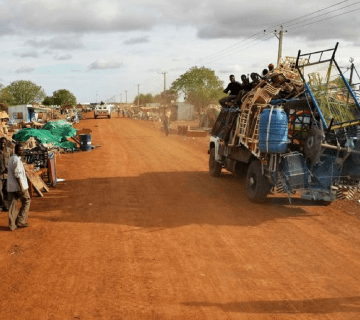Ongoing cash and fuel shortages continue to impact response delays and refugee protection in South Sudan. Cash shortages have been reported since November 2018, and are driving delays for implementation assistance projects in all refugee locations, especially for procurement, monitoring activities, and cash-based interventions. The situation is compounded by rising inflation and ongoing fuel shortages. Water system functionality has also been hit hard, with generators at pumping stations unable to run due to a lack of fuel.
Ongoing protests have also raised concerns for refugee protection amid escalating civil unrest across Sudan. UNHCR, the UN Refugee Agency, is seeing a surge in refugee arrivals from South Sudan in the Democratic Republic of the Congo (DRC). Over the past few days, thousands of desperate people have been crossing the border to escape fighting and violence against civilians. Officials in South Sudan’s Yei River State reported that as many as 6000 people who fled their homes as a result of recent fighting between government forces and the National Salvation Front, do not have access to food and clean water.
The European Union (EU) and its member states need to assume greater diplomatic leadership in South Sudan, building upon the extensive humanitarian aid Europe gives to the world’s newest state. The EU appears unlikely to appoint an additional envoy focused solely on South Sudan, but European diplomats could coordinate and step up their own shuttle diplomacy between regional capitals to keep implementation of the peace deal moving forward, while also exploring what a longer-term settlement might entail.



